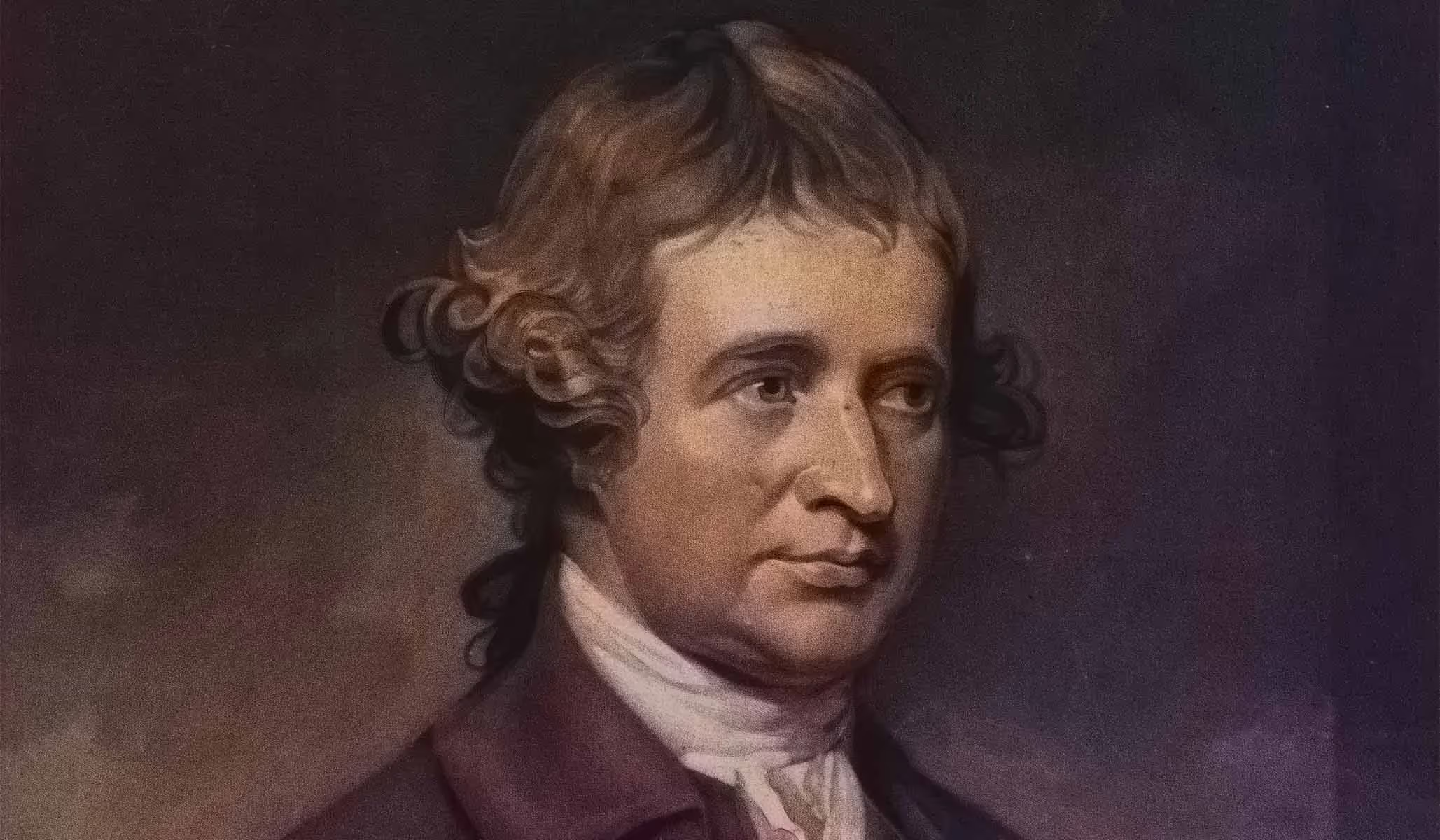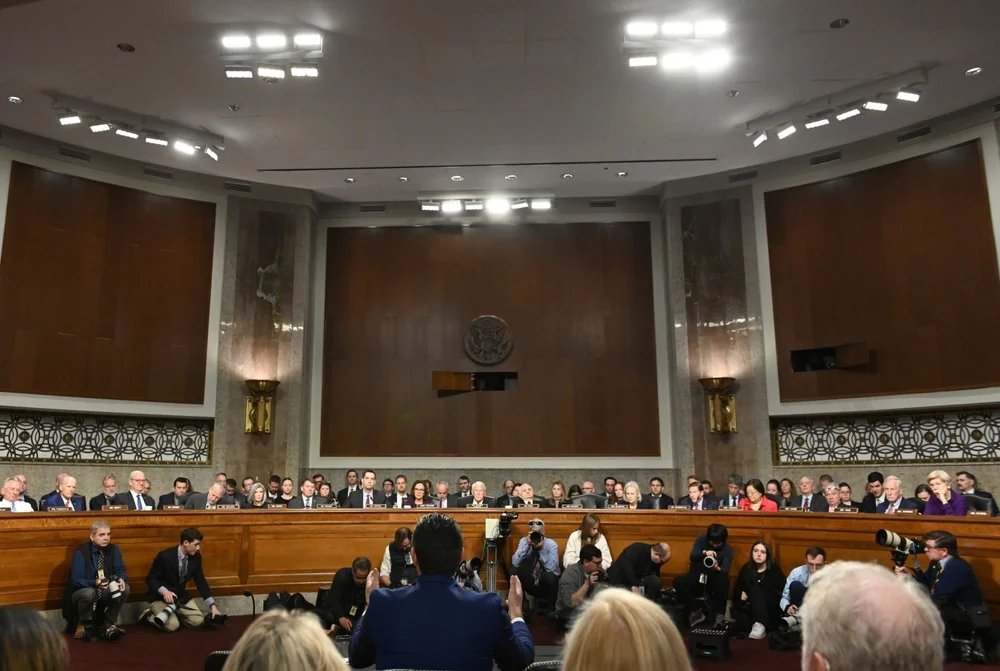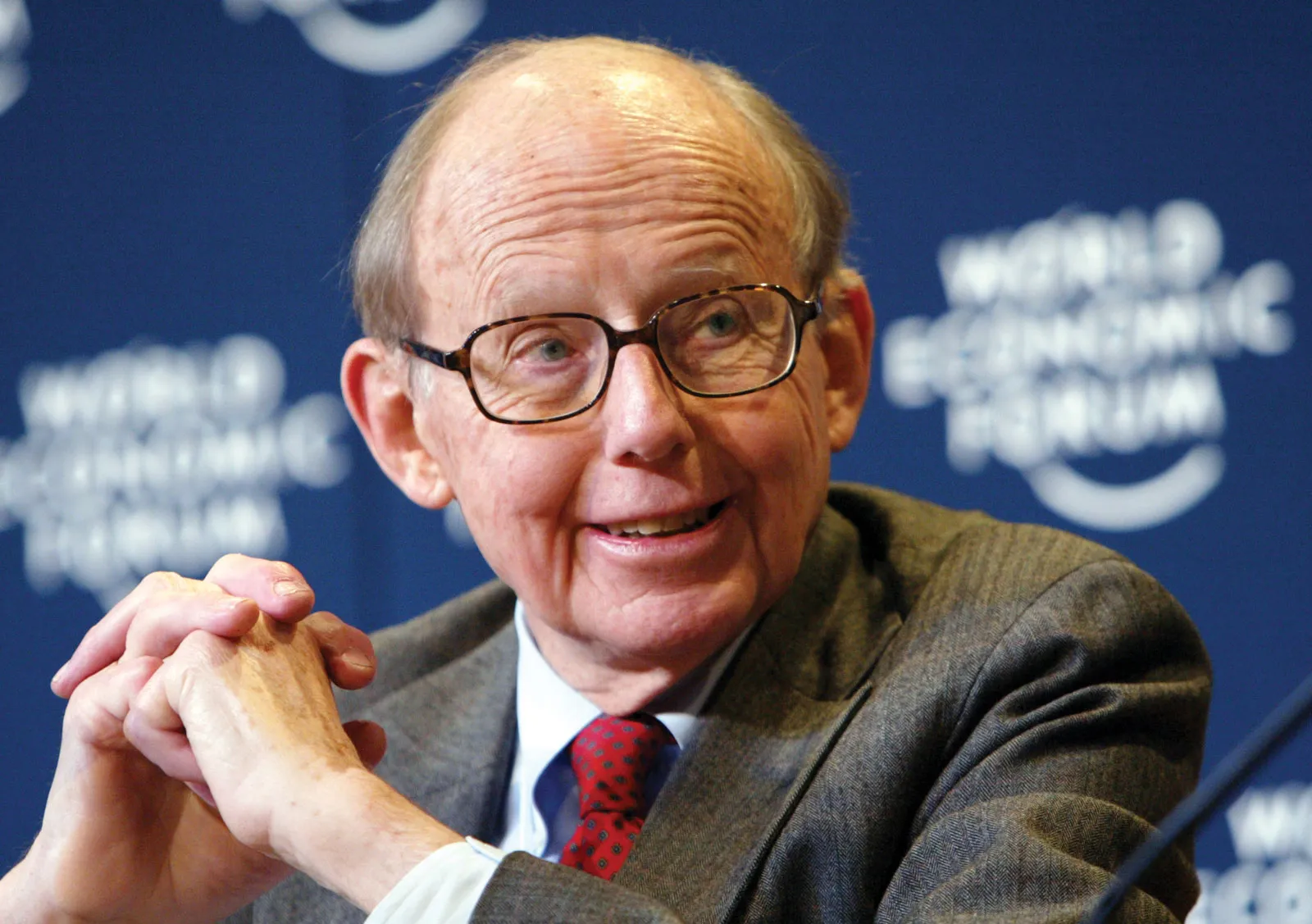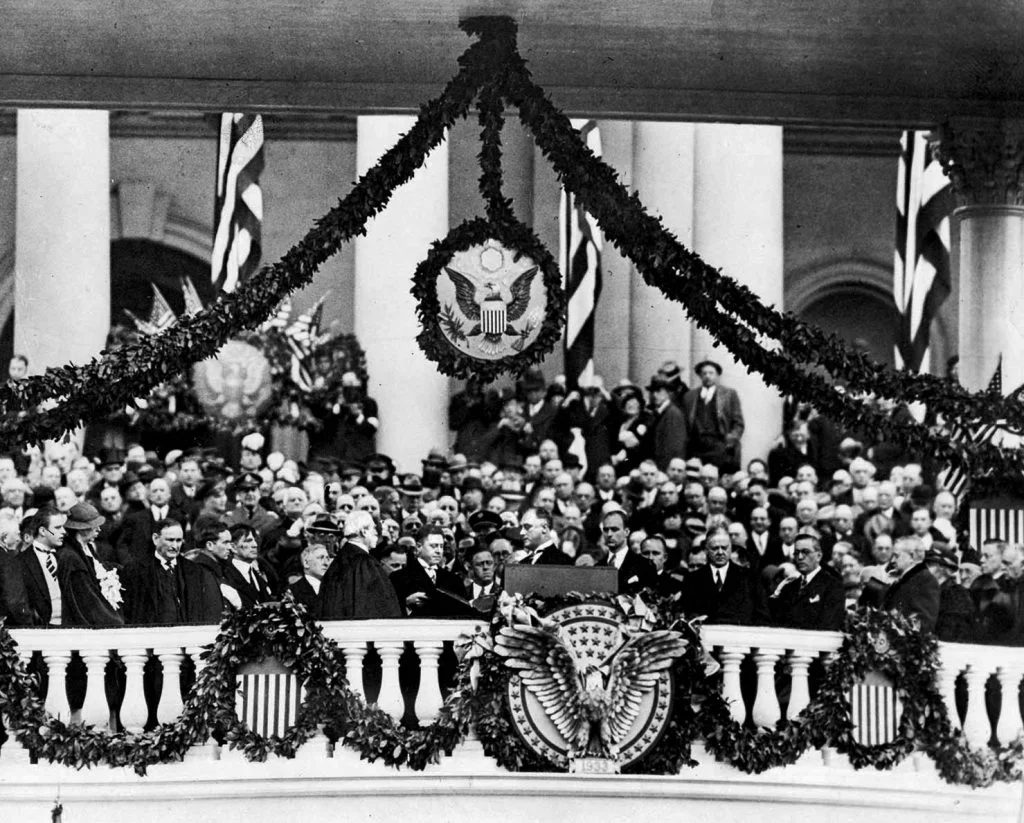
The One and True Conservatism?
What is "true conservatism"?
A literary agent once told me, “Remember, the reader is always right; the writer is always wrong.” What he meant by this is that if the reader has difficulty understanding a book or following its narrative thread, the writer is at fault, not the reader, no matter how clear the writer thinks he or she is. This advice came to mind while reading former Yale Law School dean Anthony Kronman’s True Conservatism: Reclaiming Our Humanity in an Arrogant Age. Unfortunately, Mr. Kronman did not take it.
The book’s title itself is confusing. Conservative intellectuals have been composing different variations on conservatism for decades, with each variant emphasizing an issue made obvious through its very name. Economic conservatism, or libertarianism, emphasizes economic issues such as low taxes, less regulation, and free trade. Social conservatism emphasizes social issues, such as abortion and gay marriage; as a kind of sub-branch, religious conservatism focuses on these same issues but from a biblical perspective, while also including a separate plank on Israel. As a name, “neo-conservatism” is more confusing, giving critics enough leeway to make it synonymous with “warmonger.” Yet in earlier iterations, it did have particular areas of focus, such as school choice in education, and, later, exporting democracy abroad. More recently, national conservatism has become a popular brand, emphasizing national and cultural identity, with less support than usual for free market ideas.
But what is “true conservatism”? The name tells us nothing other than it presumes to be the one and only correct conservatism, and that all the other conservatisms are heresies. It conveys a certain arrogance on the part of its creator—ironically, given the book’s subtitle.
Reading the first chapter provides some insight into what true conservatism is, but not much. Kronman begins by saying what true conservatism is not. It is certainly not progressivism, he notes, and especially not “woke” progressivism. But as for the conservatisms that everyone knows about, it’s none of those either. He writes, “None of the familiar forms of conservatism, either alone or in combination with the others, offers a compelling alternative to a self-assured but half-blind progressivism.” So all we know is that true conservatism is something different.
At best, the book seems poised to enter the ideological debate in the same way communitarianism did in the 1970s and 80s. At that time, the two major competing political philosophies were welfare-state liberalism, championed by legal theorist John Rawls, and economic conservatism, championed by Robert Nozick. The communitarians sought a “third way,” a kind of synthesis of the two, that would somehow ease the tension between freedom, including the freedom to keep one’s money, and equality, where some of that money gets taken away and redistributed. Along the way, the communitarian synthesis would ease the tension between ignoring a person’s past when deciding economic justice—that is, ignoring whether a person was poor growing up or an heir to a fortune (Nozick’s position)—and taking the past into account, thereby paving the way for government to put its finger on the scale (Rawls’s position). The communitarians hoped that membership in a community would somehow defuse these tensions and lessen people’s selfishness and resentment. Emphasizing duties in a community as much as individual rights would also help everyone get along better. The movement was always a little pie-in-the-sky. It fizzled by the 1990s.
At first glance, Kronman seems to be laying the groundwork for the same approach. He describes what he calls our three “prejudices”—first, our belief that equality is the highest value; second, that the past can be ignored; and third, that religion is strictly a personal affair. From here, the old tensions—the tension between equality and freedom, between tradition and modernity, and between religion and secularism— emerge pretty straightforwardly. The communitarians wrestled with these same tensions.
Let’s see how Kronman resolves them, the reader thinks. Maybe there is something new under the sun after all. But then… nothing happens, at least not to this reader’s mind. If something did happen, this reader missed it, likely due to a lack of clarity.
It's not that the book is too academic or jargony. Kronman writes in everyday language. The problem is that he goes off on so many tangents, bringing in numerous philosophers and writers to prove a point, which causes the reader to lose the narrative thread altogether. It really is a case of losing the forest for the trees.
In the first few pages of the second chapter, for example, the following names make an appearance in one form or another: Virginia Woolf, Vladimir Nabokov, Herodotus, Tacitus, Montesquieu, Vico, Tocqueville, Ferguson, Herder, Virgil, Homer, Cicero, Hannah Arendt, Marcel Duchamp, James Joyce, John Dewey, and Louis Brandeis. In the first few pages of the third chapter, the names keep coming: Kant, Harry Frankfurt, Amartya Sen, Martha Nussbaum, John Rawls, Plato, Aristotle, and Heidegger. There are plenty more names to go in each of these chapters and the ones to follow, some names seemingly dropped for show, others getting full paragraphs for their insights, but the whole experience becomes a giant distraction, such that the reader wonders where all this is going.
When names aren’t being dropped, Kronman fills his chapters with too much, well, filler, and of the opaque kind, again causing the reader to wonder what the book’s main argument is. In just one example among many, when discussing love of friend and love of country, each dogged by the paradox that “the individuality of a person or a country may be both intrinsically and conditionally lovable” (not sure what this means), he continues, “The paradox vanishes if we think of inheritance, whether personal or political, merely as an obstacle to choice and view the latter as the sole source of value. It vanishes too, though less completely, if we think of it as an enabling condition of worth only because it provides the frame that freedom needs to be anything at all, yet is of no special value as one particular inheritance rather than another.”
Maybe I’m not smart, but I simply do not know what this means. I have a vague idea, but I’m not sure. If this were a book written on some obscure topic for a small group of academics, it would not matter. But the title suggests the book is for public intellectuals and partisan organizers trying to find a coherent way forward for conservatism, assuming they are dissatisfied with Trumpism.
If I had to hazard a guess of what the book’s main argument is, I would say the following (and I glean this summary not only from a guess, but also from the book’s last two pages, where a few rays of light do stream forth): We love our individuality; we love ourselves; we love our self-sufficiency, or what we imagine to be our self-sufficiency. This is good. But we love all this too much. We need to be more moderate in our loves. Continuing with this same line of thought, equality is important, but freedom must get its due. Freedom is important, but excellence must get its due, especially because the drive to excel often precedes the desire for freedom. Yes, being forward-thinking is important, but the past must get its due. Yes, the church-state divide is important, but religion must get its due.
These arguments flow out of no new synthesis, no clever use of the dialectic. On the contrary, this is simply old Aristotelian wisdom: moderation in all things.
Occasionally, Kronman praises the Enlightenment, which the reader senses is the author’s lodestar. And it is a good lodestar to have. Political equality, scientific rationality, and religious tolerance are solid ideals. But the fact remains that enough people in the West, including in the U.S., today doubt these ideals, because they think they do not go far enough, or because they go too far, or because they are considered to be shams. If all Americans believed in the Enlightenment as strongly as Kronman did, his book would not even be needed. But many Americans do not, which is radicalizing our political and cultural life. The Enlightenment is only a lodestar to people for whom it is already a lodestar. A few agnostics may be convinced. But much of the opposition has a different lodestar. Counseling moderation in this environment will fall on deaf ears.
Kronman would have been better served if he had viewed the history of today’s craziness not as a fall from Enlightenment grace, but as one more problematic outcome of the French Revolution. That revolution yielded three political ideals—nationalism, socialism, and liberalism—which have dominated the West in one form or another for over two centuries. Nationalism grew twisted and led to the catastrophe known as fascism. Socialism grew twisted and led to the disaster known as communism. We always assumed liberalism would avoid the fate of these other two ideals—indeed, that it was the antidote to the catastrophes. But we may have spoken too soon. Liberalism has also been twisted, leading to the catastrophe we call “woke” progressivism. Again, counseling moderation in this environment, such as asking for respect to be paid to the Western canon, as Kronman does, will accomplish no more than it did when used to persuade fascists and communists.
Fortunately, some of the extreme “woke” progressivism in America is more of a fad, a perverse manifestation of the usual American craziness that has been around for over two centuries. One senses this on the college campuses, where many young fanatics shout, “From the river to the sea,” in their protest over the Gaza war, only they don’t know which river or which sea. They simply enjoy being keen on something. In the early twentieth century, the writer G.K. Chesterton already noticed this peculiar habit among Americans, where enthusiasm itself is considered meritorious, and where people are admired for being excited. Rather than signal the beginning of any dark age, their ranting may arise more out of a combination of boredom, the desire to shout, and the desire to be seen.
But outside of America, it is a different story. In Canada and especially Western Europe, free speech, freedom of assembly, the right of political opposition, and tolerance, all Enlightenment ideals, are being seriously challenged. Something more than the doctrine of true conservatism will be needed to change course there, assuming these countries can even be diverted from the catastrophe to which they are headed.
Ronald W. Dworkin is a fellow at the Institute for Advanced Studies in Culture, at the University of Virginia. His other writing can be found at RonaldWDworkin.com.
Politics
.webp)
Liberal Democracy Reexamined: Leo Strauss on Alexis de Tocqueville
This article explores Leo Strauss’s thoughts on Alexis de Tocqueville in his 1954 “Natural Right” course transcript.
%20(1).avif)
Long Distance Migration as a Two-Step Sorting Process: The Resettlement of Californians in Texas
Here we press the question of whether the well-documented stream of migrants relocating from California to Texas has been sufficient to alter the political complexion of the destination state.
%20(3).avif)
Who's That Knocking? A Study of the Strategic Choices Facing Large-Scale Grassroots Canvassing Efforts
Although there is a consensus that personalized forms of campaign outreach are more likely to be effective at either mobilizing or even persuading voters, there remains uncertainty about how campaigns should implement get-out-the-vote (GOTV) programs, especially at a truly expansive scale.

There's a Perception Gap With the U.S. Economy
As we approach another election cycle, it’s worth asking: what’s real, what’s political theater, and what does it all mean if Democrats regain control of the House?

International Law Is Holding Democracies Back
The United States should use this moment to argue for a different approach to the rules of war.

Trump purged America’s Leftist toxins. Now hubris will be his downfall
From ending DEI madness and net zero to securing the border, he’ll leave the US stronger. But his excesses are inciting a Left-wing backlash

California’s wealth tax tests the limits of progressive politics
Until the country finds a way to convince the average American that extreme wealth does not come at their expense, both the oligarchs and the heavily Democratic professional classes risk experiencing serious tax raids unseen for decades.

Storm Over the Appointment Process
This is not your grandfather’s appointment process; in fact, it’s not even your older brother’s.

The Clash of Civilizations at 30
Three decades on, Huntington did not foresee the extent to which the West would erode, but he did perceive the warning signs.












